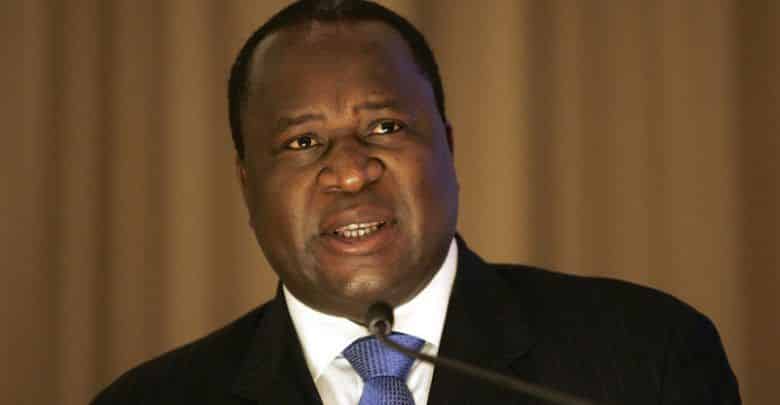South African government, through the National Treasury, is exploring all funding avenues to finance all COVID-19 related programmes and measures aimed at addressing the pandemic.
“The funding avenues will not be limited locally, but will include exploring all global partners and international finance institutions,” Minister of Finance Tito Mboweni said.
Addressing a media briefing on Tuesday, the Minister said government will revise the fiscal framework to take into account the effect of COVID-19 on the fiscus.
He said there are a number of elements to the fiscal response, including putting forward clear estimates of the additional health care costs that will be needed.
Government will reprioritise unnecessary expenditure towards these health care costs.
The impact of slowdown on National Treasury’s projections for revenue as well as a clear timetable or plan to stabilise debt over the current forecast period are among the other elements of government’s fiscal response.
The Minister said to revise our fiscal framework, which takes into account the effect of COVID-19 on the fiscus, must be supported by an economic recovery plan (structural reforms) and a set of reforms within the fiscal system such as passing the Road Accident Benefit Scheme (RABS), consolidation of public entities and closure of South African Airways.
“Together with my colleagues in the economic cluster, we have put together a few proposals on how we can further grow the economy. These will be announced shortly. Amongst the measures we are looking [at] is expanded support for Small, Medium and Micro-sized Enterprises (SMME) lending through the banking system, similar to other countries,” the Minister said.
Recession
The Minister said COVID-19 will certainly further deepen the South African downturn woes.
“Our internal scenario planning has mapped out the economic impact of different lockdown scenarios, together with the consequent different paths for the fiscal deficit, for government borrowing and for the fiscal response. At this stage, our central scenario is for a deep recession in 2020, followed by a rapid upswing in economic growth,” he said.
The National Treasury is in conversation with the teams at multilateral bodies, domestic and local economists, and the South African Reserve Bank to understand how the global economy will adjust.
“We are also monitoring domestic and global high-frequency data to ensure that we understand as well as we can the ongoing evolution of the economy,” he said.
Supporting growth
He said the 2020 Budget was already mildly expansionary and supportive of growth.
“In particular, the fiscal consolidation path was designed to strengthen our fiscal health. Fiscal health is a necessary, but not sufficient condition, for sustained growth. Several priority areas were growing at above inflation rates including capital spending.
“Nevertheless, given the current crisis, a higher deficit may be accommodated if it is temporary, and if reprioritised spending is directed towards crisis (health) response, and direct fiscal support to the most vulnerable,” he said.
Mboweni said the other parts of the package involves the drawing down of existing surpluses such as the Unemployment Insurance Fund (UIF) or increasing the contingent liability of government guarantees.
“But it is absolutely critical, now more than ever, to focus on raising long-run growth. Beyond the COVID-10 crisis, a major risk facing the economy and the fiscus is if long-run economic growth returns to the pre-crisis averages of between 1- 2%. Higher levels of economic growth need to become a non-negotiable objective,” he said. – SAnews.gov.za
